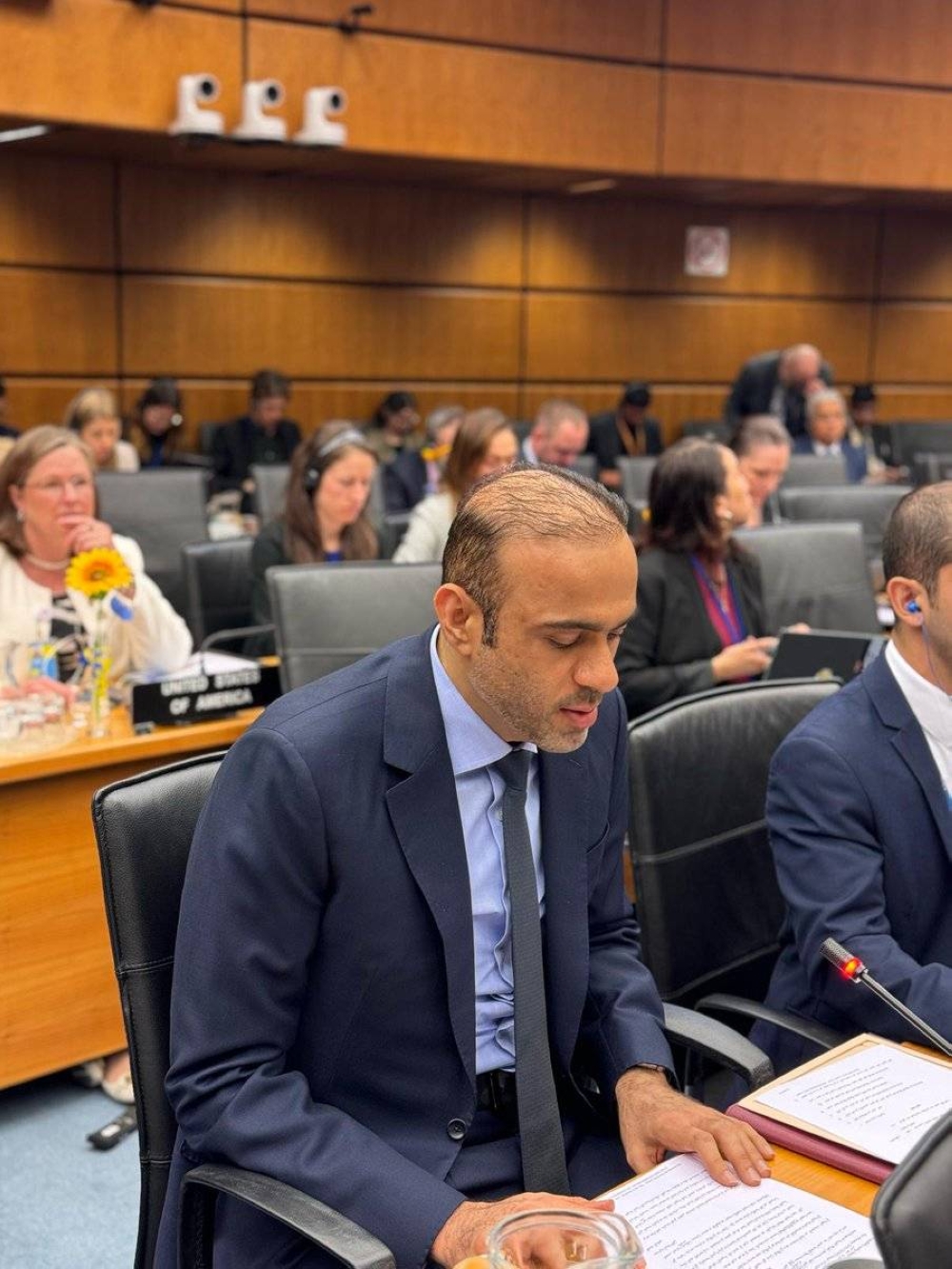Qatar expressed its high appreciation and support for the efforts made by the International Atomic Energy Agency (IAEA) to promote the transfer of nuclear technology and knowledge to developing countries with the aim of enhancing their capabilities in the field of peaceful uses of nuclear energy and technology, in a way that achieves the developmental goals of these countries.
This came in a statement delivered by HE Jassim Yaqoub al-Hamadi, who is Qatar's ambassador to Austria and its Permanent Representative to the UN and international organisations in Vienna, before the current session of the Board of Governors of the International Atomic Energy Agency in Vienna.
Qatar commended the active role played by the agency's Nuclear Applications Laboratories in Seibersdorf in the field of training, knowledge transfer, and finding solutions to global challenges using nuclear techniques and addressing the priorities of Member States. Qatar noted that the courses offered by these laboratories have contributed to enhancing the capabilities of experts from Member States, including Qatari experts, in using nuclear techniques to address these challenges.
In its statement, Qatar called for enhancing non-electric applications of nuclear energy, such as food security, human health, agriculture, water desalination, addressing the effects of climate change, and protecting the environment from pollution, given the crucial role of these applications in achieving the goals of the 2030 Sustainable Development Agenda and the subsequent UN plan.
Qatar welcomed the agency's initiatives in this field, including the Zodiac initiative to combat animal diseases at their source, the initiative to use nuclear technology to combat plastic pollution, and the Rays of Hope initiative. Qatar addressed the global trend towards developing small modular reactors and called for enhancing the agency's role in the progress witnessed in the technology of these reactors, given the many advantages of these reactors, such as their low cost, high safety features compared to large nuclear power plants, lower construction costs, and multiple non-electric applications.
Qatar pointed out the use of small reactors in the field of seawater desalination and the possibility of deploying them in remote areas or areas lacking infrastructure for electrical grids. It anticipated that small modular reactors will play a significant role in combating climate change and accelerating sustainable development in developing countries.
Qatar announced that it is currently investing in a project to develop small nuclear reactors with one of the specialised global companies.
Within the areas of co-operation with the International Atomic Energy Agency, the statement mentioned Qatar's participation in a regional project for global monitoring of marine plastic pollution as part of the Agency's NUTEC Plastics initiative.
Furthermore, a practical arrangements agreement was signed between the agency and Hamad Medical Corp, whereby Hamad Medical Corp was designated as a reference center to support the agency's "Rays of Hope" initiative for training medical and technical personnel from developing countries at Hamad Medical Corp to treat cancer patients from those countries. The practical arrangements agreement also included an agreement to designate the food safety laboratory of the Ministry of Public Health in Qatar as an Agency-designated laboratory. Preparations are currently underway to host a regional training course at this laboratory, with the participation of forty experts to enhance the food monitoring programme for detecting pollutants and chemical residues in plant and animal products using nuclear isotope techniques.
Qatar's statement concluded by mentioning Doha's hosting of the regional training course on the use of nuclear techniques in the rapid detection of animal diseases in November last year, which was attended by experts from 16 countries and supervised by specialists from the international Atomic Energy Agency.

In a statement delivered by HE Jassim Yaqoub al-Hamadi, who is Qatar's ambassador to Austria and its Permanent Representative to the UN and international organisations in Vienna, Qatar called for enhancing non-electric applications of nuclear energy, such as food security, human health, agriculture, water desalination, addressing the effects of climate change, and protecting the environment from pollution.
